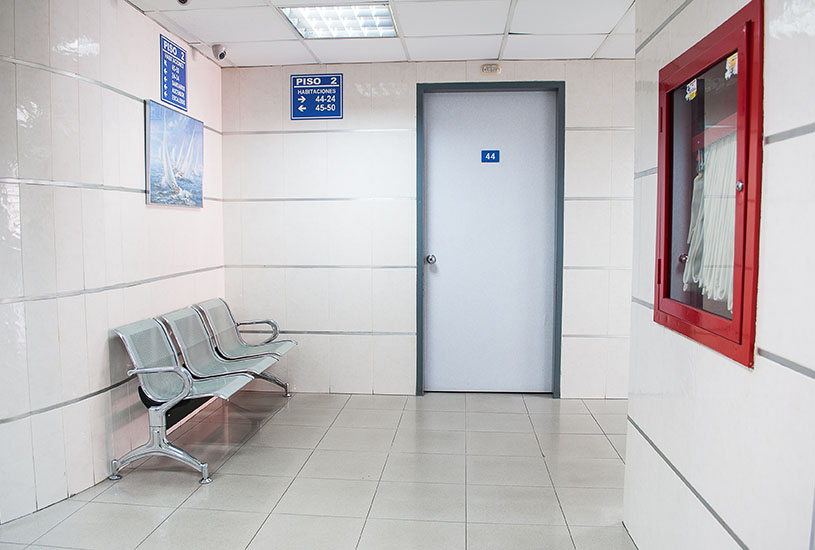Deakin medical students will gain clinical experience in China under a new agreement with a leading Chinese university.
“Bench to bedside,” or translational medical research, will receive a boost as Deakin University and Zhengzhou University in China work together on a number of new initiatives.
These will include several research collaborations between Medical Schools at Deakin and Zhengzhou University, such as the establishment of a Zhengzhou-Deakin laboratory of Translational Medicine; a joint research venture exploring novel cell-based therapies; a new program for development of novel cancer models; and collaborative medical research drawing on the rich clinical bio-resources at Zhengzhou University’s School of Medicine.
There will also be opportunities for student and staff exchange and training programs.
In particular, a new In-Country PhD program will see Chinese master graduates enrolled at Deakin as PhD students.
The students will spend the first two years of their research at Zhengzhou University’s School of Medicine and the final year at Deakin Medical School, with their PhD degree conferred by Deakin.
The relationship between the Universities has been strengthened by a recent visit from Professor Kangdong Liu, Deputy Dean (Research) of the Academy of Medical Sciences, Zhengzhou University and Vice President of the China-US (Henan) Hormel Cancer Institute at the Henan Cancer Hospital.
Prof Liu came to Deakin as one of the inaugural Deakin University China Strategic Fellows for 2016, spending a full week in November at Deakin’s School of Medicine.
The China Strategic Fellows program brings influential research leaders from important Chinese institutions to Deakin to work closely with the University’s research community.
It aims to make an important and lasting contribution to Deakin’s research culture through initiating significant new collaborations with Chinese institutions while increasing the Fellow’s understanding of opportunities for industry and academic collaboration with Deakin researchers.
Prof Liu’s research focuses on cancer chemoprevention for esophageal cancer with traditional Chinese medicine using NMBA induced esophageal models as well as patient-derived xenograft models (PDX).
Chemoprevention is the use of substances to stop or keep cancer from developing. The substances may be natural, synthetic or derived from a living source.
Prof Liu explained that the PDX xenograft model is used to investigate factors involved in malignant transformation, invasion and metastasis. Human tumour tissues are transplanted either under the skin or into the organ type in which the tumours are propagated in immuno-compromised mice to help develop therapeutic regimes.
This method preserves the original character and microenvironment of the tumour. It is particularly useful in studying mechanisms underlying tumours growing or metastasising and is an invaluable tool for screening novel anti-cancer agents.
Prof Liu is also working on using traditional Chinese medicine as chemoprevention.
“In traditional Chinese medicine, some herbal treatments have anti-tumor effects, such as compounds found in red wine, ginger and pickled cabbage,” he said.
“These are important therapies, as their low toxicity means patients can take them for much longer than other treatments to prevent tumours from growing or metastasising.”
Prof Wei Duan of Deakin’s Medical School, who played a large role in inviting Prof Liu to Deakin, said that the high quality of medical research produced by Chinese institutions complemented Australia’s strong reputation for biomedical and medical research.
[testimonial_text]The planned research collaborations between Deakin and Zhengzhou University hold the potential for great discoveries. We’re going to be working together on several different fronts and building extensive research relationships.[/testimonial_text]
[testimonial_picture name=”Professor Wei Duan” details=”Deakin’s Medical School”]
 [/testimonial_picture]
[/testimonial_picture]Prof Duan said the plan for Deakin medical students to go to Chinese hospitals for a hospital rotation program would expose them to much a bigger variety of patients and diseases in a shorter time than in Australia, because of the massive difference in population size between the two countries.
“The First Affiliated Hospital of School of Medicine at Zhengzhou University has 10,000 beds, and the Henan Province, in which the hospital is located, has a population of 100 million,” he said.
“Our students will be learning to practice medicine on a much larger scale and seeing a lot more cases and variety of diseases than they would here in the same period of time.”



